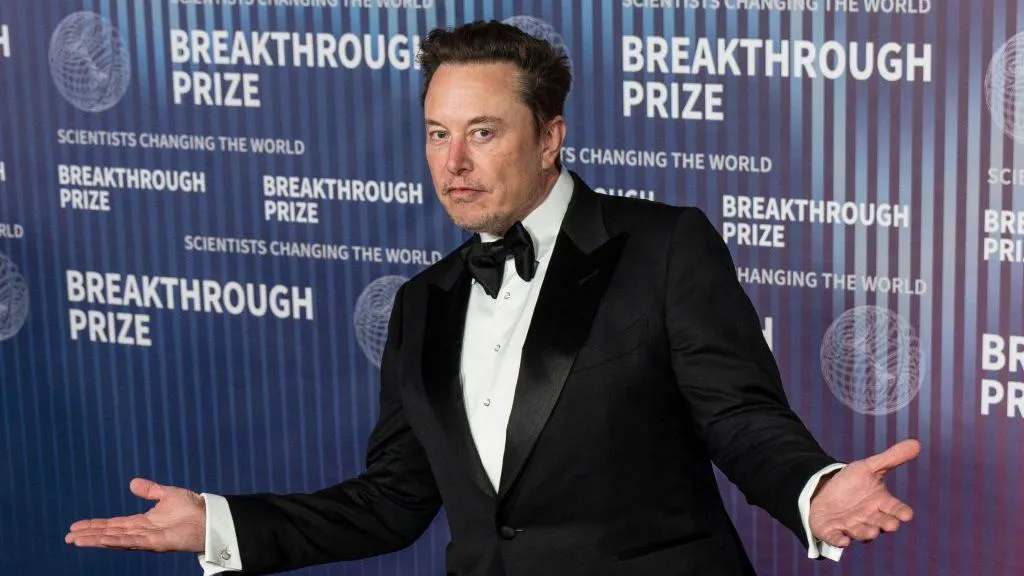Elon Musk, now the world’s first half-trillionaire, continues to puzzle admirers and critics alike with his unusual relationship to money. Despite commanding a personal fortune of more than $500 billion, the Tesla and SpaceX chief insists he lives a modest life — one far removed from the typical image of billionaire luxury.
In interviews and tweets over the years, Musk has said he doesn’t own yachts or collect mansions. In fact, he claims his “primary home” is a prefabricated $50,000 house near SpaceX’s Starbase facility in Texas, where he often sleeps after long workdays. “It’s kinda awesome,” Musk said of the simple dwelling, which he bought as part of his pledge to sell off nearly all his possessions in 2020.
He wasn’t exaggerating. Between 2013 and 2020, Musk sold a string of extravagant properties in Los Angeles’ Bel-Air neighborhood — seven homes worth over $100 million in total, including one formerly owned by actor Gene Wilder. Musk insisted the sale was about freeing himself from “things that weigh you down.” Ironically, he later repossessed Wilder’s old home in 2025 after its buyer defaulted on a loan Musk had provided.
While he’s turned his back on real estate, Musk has not shied away from other big-ticket toys. His love of cars, especially unusual ones, remains well known. His collection has included a Ford Model T, a 1967 Jaguar E-Type Roadster, and a rare 1997 McLaren F1 — which he famously crashed. He also owns “Wet Nellie,” the white Lotus Esprit submarine car from the 1977 James Bond film The Spy Who Loved Me, which he purchased for nearly $1 million and hopes to make amphibious again.
Of course, Musk also drives Teslas — including the very Roadster he launched into orbit aboard a SpaceX rocket in 2018, turning it into an eternal space relic.
His other indulgence? Air travel. Musk maintains a small fleet of Gulfstream private jets, worth tens of millions, which he defends as tools for productivity. “If I don’t use the plane, then I have fewer hours to work,” he told TED’s Chris Anderson in 2022.
But not all of Musk’s wealth goes toward luxury. The billionaire has donated billions in Tesla stock to charities through the Musk Foundation, though critics have accused him of doing so in ways that primarily benefit his own ventures or reduce tax obligations. The foundation states that it funds “ground-breaking scientific research, technological innovation, and ambitious endeavours that push the boundaries of what is possible.”
Still, skeptics argue his giving is irregular. Reports from The New York Times revealed the foundation fell short of its required charitable contributions for three consecutive years, and many donations went to organizations linked to Musk or his companies.
When pressed about philanthropy, Musk has often dismissed traditional charity as inefficient, arguing that his businesses themselves — Tesla, SpaceX, and Neuralink — are “acts of philanthropy” because they advance human progress. “If you care about the reality of goodness instead of the perception of it, philanthropy is extremely difficult,” he once said.
In Musk’s world, wealth is not about lavish mansions or endless luxury. It’s a means to fund his self-declared mission: colonizing Mars, transforming energy, and — perhaps — saving humanity from extinction. Whether that makes him a visionary altruist or an eccentric capitalist remains up for debate.

